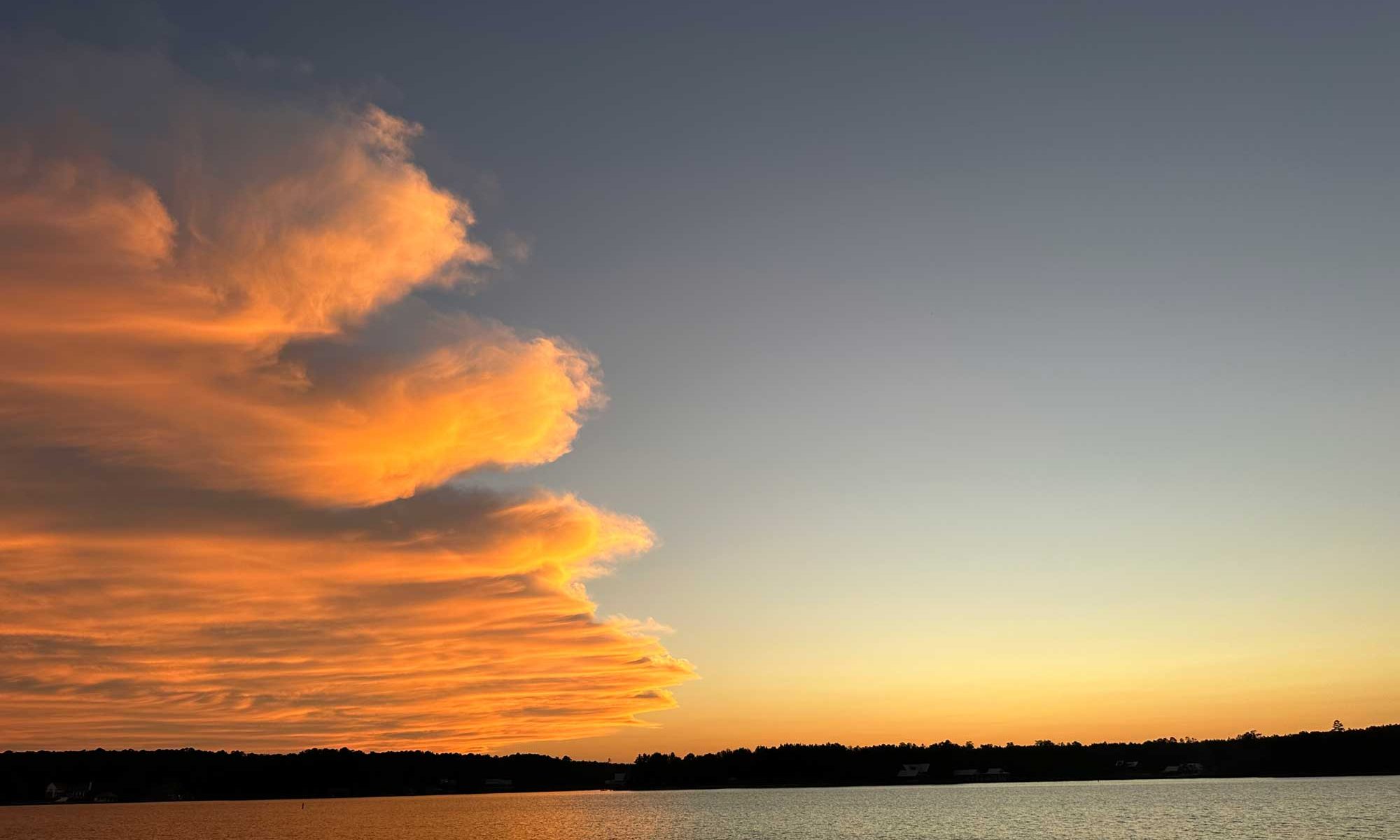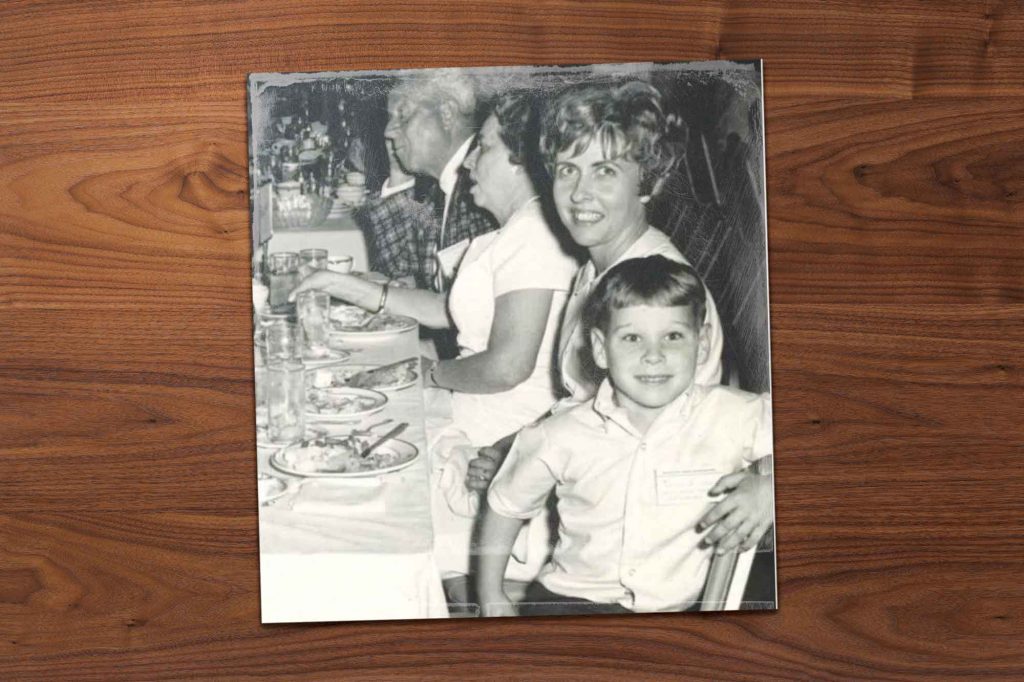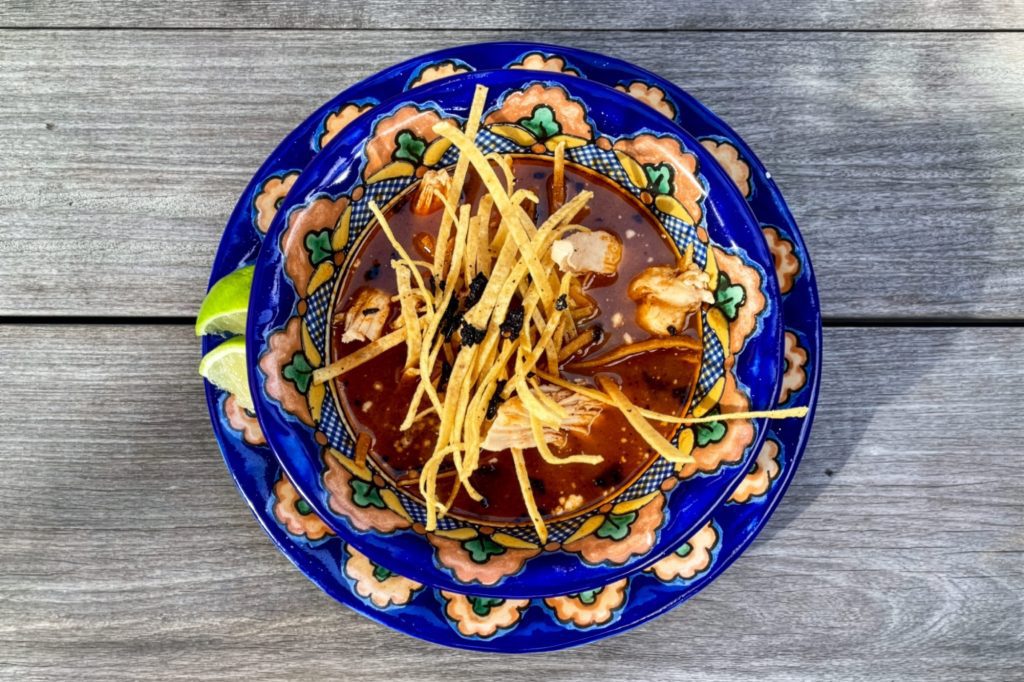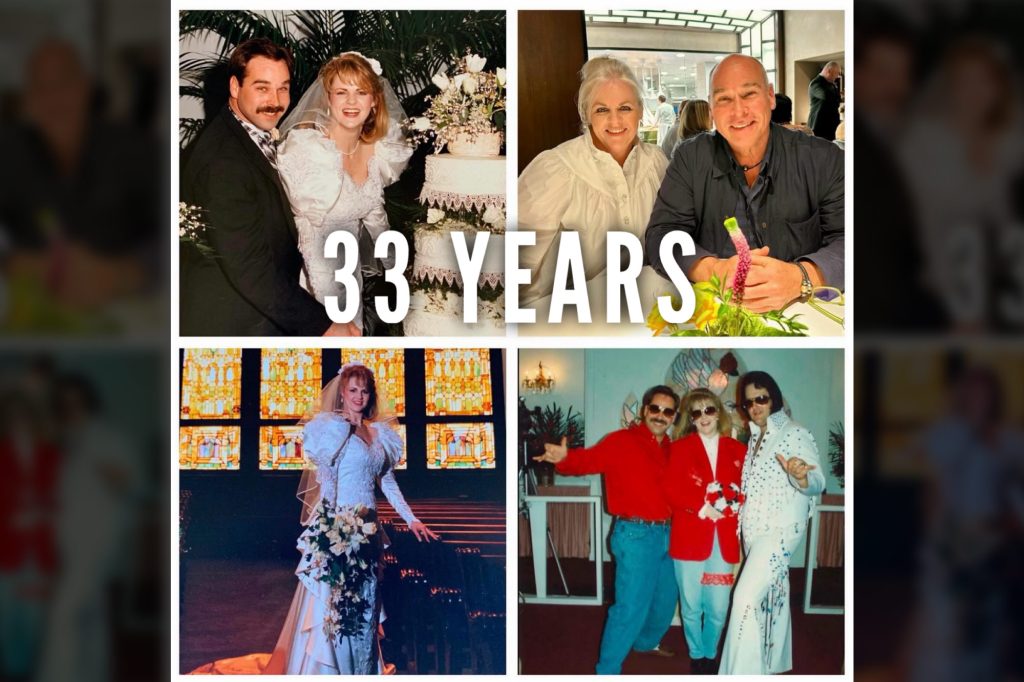“Home is the nicest word there is.” – Laura Ingalls Wilder
It’s true that there’s no place like home, and I deeply and dearly love my hometown of Hattiesburg and my home state of Mississippi. I could live other places, but I never will. My family’s taproots are deep rooted in the loblollys of South Mississippi. I am a seventh-generation resident of the Pine Belt— Mississippi to the core. Texans are known for state pride. My pride for Mississippi is Texas pride, times ten.
Mississippi is more than a place; it’s a feeling, a complex history etched into America’s cultural landscape. We were farm-to-table before it was a hashtag. Eating local wasn’t an idea, it was a way of life. Our sports and literary bona fides— per capita— are unmatched. Our home state, with its overly humid summers and rich black soil, has bred not just rice and soybeans but also some of the most influential music the world has ever known, a fact I once took for granted.
The first time I truly understood the weight of Mississippi’s musical heritage was on a trip to Tuscany, in 2011. There, in the old-world charm of the Tuscan countryside, I found surprising parallels to the American South. Much like Mississippi, Tuscany is an agrarian society where family, food, and hospitality are interwoven into everyday life. But the true musical revelation came one evening at a small bed and breakfast in the Tuscan countryside.
A British cover band was playing American rock-and-roll and singing in Italian. Amidst an engaging conversation with the locals, a rousing chorus of “Sweet Home Alabama” played throughout the room. I struck up a conversation with a couple of ladies who had travelled down from Milan. When they learned I was from Mississippi, their immediate connections were of the Mississippi River and, of course, music. Trying to give them a waypoint to my hometown of Hattiesburg, I stated, “It’s about an hour and a half northeast of New Orleans.”
“Jazz!” the ladies replied.
“Yes,” I explained, “New Orleans is where jazz evolved, but drive north of New Orleans, and you’ll hit Highway 49. I was born in a hospital on the side of Highway 49. And if you follow that highway up into the heart of the Mississippi Delta where it crosses Highway 61, you’ll be in the exact spot where the blues were said to be born.” Their eyes widened as I mentioned legends like B.B. King and Muddy Waters. “And if you believe Muddy Waters, and I do” I continued, “the blues had a baby, and they named the baby rock and roll. So, if you travel a couple of hours to the east to Tupelo, you’ll be in the birthplace of Elvis Presley.” The nod to The King made them beam with recognition.
Just as I was about to share that a few hours south of Tupelo, on Highway 45, lies the hometown of Jimmie Rogers, the father of country music, it struck me: Mississippi really is the cradle of America’s music and the epicenter of the most influential art form of the twentieth century.”
That moment of connection with people from across the world helped me see Mississippi, not just as I knew it but, through the eyes of those who saw it as a place of enchantment—a land that had given the world a gift of immeasurable worth. To them, we live in exotic land.
The great Morgan Freeman, a son of Mississippi, once famously said he’d live here for the food alone.
Mississippi’s narrative is not confined to its music or its food but is also told through the hospitality of our neighbors. While hosting European friends in Mississippi, they’re often struck by the open-hearted welcome they receive—a stark contrast to the bustling tourist paths of New York or Los Angeles. “Everyone is so friendly,” they’ll say, and they’re right. That’s Mississippi hospitality.
In my travels, both in the U.S. and abroad, I’ve encountered many who carry misconceptions about Mississippi. Once, in California, while mingling with a group from various corners of the country, a man said, “Oh, you’re from Mississippi, I’m sorry.” I smiled and asked, “Sorry for what?” His silence spoke volumes— he had no answer because his perceptions are based on outdated myths, not the vibrant reality we know.
In the past, I might have launched into a laundry list of statistics about Mississippi’s vibrant culture, its legendary musicians, and celebrated writers whenever misconceptions arose. But I’ve learned something crucial along the way— why waste my breath proving Mississippi’s value to those who hold fast to ignorance? Why try and win someone like him over? He might move down here.
We are not perfect. There is no question that we have scars and bruises from a rough cruel, and many times inexcusable and unexplainable past. But those burdens of the past are the burdens of the entire country, too. Sadly, all nations have scars. What defines us as a culture is how we move past those tragedies and what we do to heal those scars.
We are often cursed by the sins of our ancestors. It is appalling and horrendous that almost every civilization in history was founded on the brutal pain, suffering, and conquest of others. Though what distinguishes civilizations and states within nations, are the ones who rise above it. I believe Mississippi has risen above its past, and I am proud to be a son of the new Mississippi.
In less than two weeks, I’ll be in Italy, leading groups of Americans through a world of outstanding food and rich history. And while I relish the opportunity to work where ancient streets whisper millennia of stories, the truth is, after a week or two, homesickness will set in—not just for familiar faces but for the flavors and the very air of my home state.
So, as I prepare to travel, I carry Mississippi with me—not just as a memory but as a living part of who I am. It’s in every meal I share and every story I tell. It’s a potent reminder that no matter where I am in the world, Mississippi is not just where I’m from—it’s who I am.
A quote often misattributed to William Faulkner states, “To understand the world, you must first understand a place like Mississippi.” Whether he said it or not, the sentiment rings true. Mississippi teaches us about the depths of the human spirit, the resilience required to overcome adversity, and the joy found in simple, heartfelt pleasures.
So, the next time someone feels sorry for you living in Mississippi, smile and hold the secret close— we’re made of tough stock and a lot of heart. We’ve faced our fair share of literal and metaphorical storms, and every time, we’ve come out stronger, not just surviving but thriving
Mississippi, from the Delta to the Gulf, from Hattiesburg to Tupelo, is my home, my muse, and my sanctuary. It’s the place I have given my heart to and where I have planted my dreams and watched them grow. I was born here. I will die here. It’s a state rich in history, culture, and soul—and a place truly like no other.
Onward.




